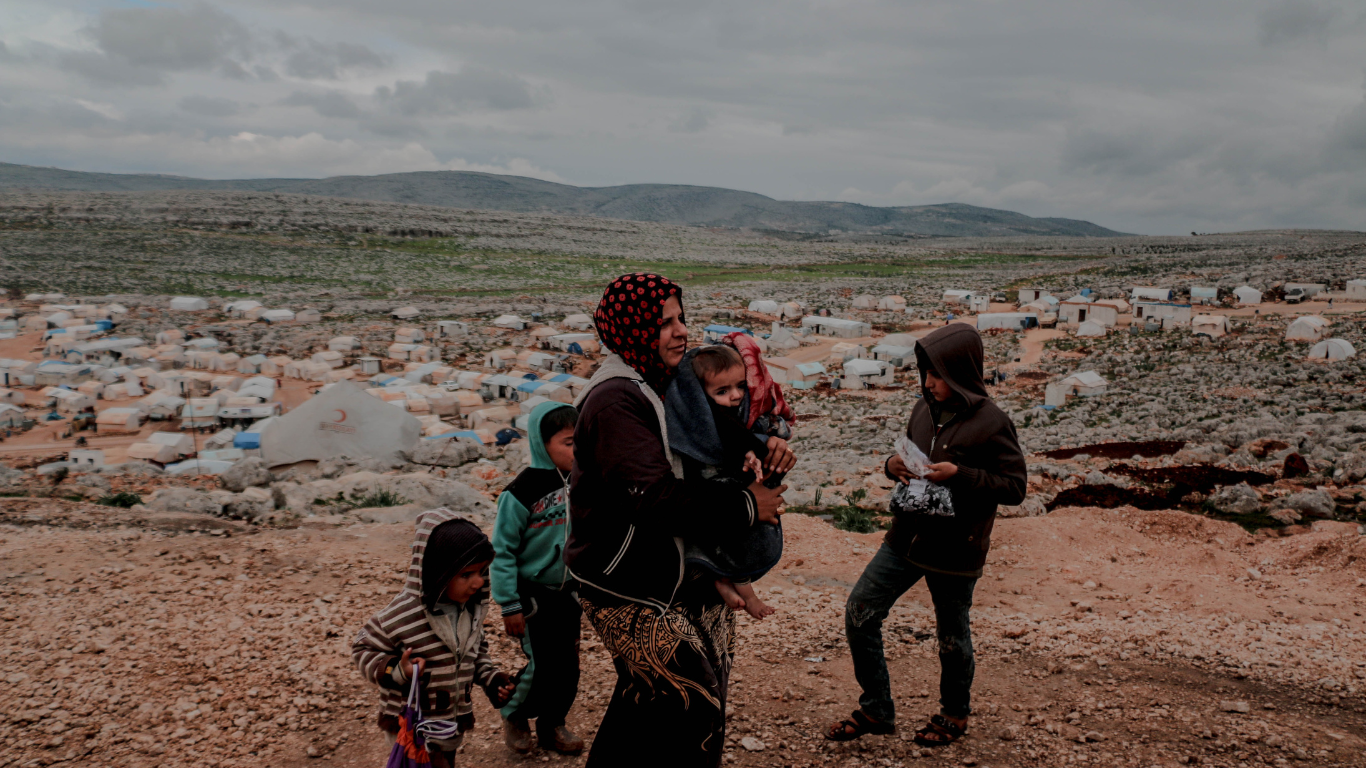
Psychological impact of war on children- Dr. Elisa Faleppi
"The human capacity to carve out a niche for oneself, to secrete a shell, to erect around oneself a tenuous barrier of defense even in seemingly hopeless circumstances is astounding and deserves more in-depth study" (P. Levi, "If This is a Man. The Truce," 1958).
The amazement at how human beings manage, in spite of everything, to survive in extreme contexts such as those of a war and, somehow, even "accept" its dramatic consequences becomes even greater when the object of our reflection is children. We wonder where they derive the strength to go through such an experience without permanently collapsing; yet, except in limited cases, children who have gone through the atrocities of war do not go "out of their minds." Most of the time, these children even seem to us better, more helpful, more mature than they are in "normal" situations. This incredible ability to adapt can lead us adults to underestimate the psychological consequences that can mark and affect their growth. The tranquility they allow to shine through is, in reality, often nothing more than an apparent stillness.
Children's pain is a silent pain that blocks their emotions, tears, and bodies. Parents during a conflict may no longer be able to guarantee their children even the satisfaction of basic needs; other adults are experienced by children as powerless, if not as cruel and heartless. For children, the resulting feeling is thus that of a terrible "betrayal" by adults, and the consequence is a loss of trust that crumbles the foundation on which their worldview is based. Losses then hardly find a way to be fully processed: mourning is "frozen," postponed while waiting for a respite that allows them to understand and express their grief.
In this scenario of fear and bewilderment, children still manage to find ways not to let go of their despair. Where they can be present, parents are undoubtedly the ones who can most protect and heal children from the consequences of the trauma they have experienced; in their absence, professionals and volunteers can initially share the burden of their experience, and then help them regrow in them the seed of trust in people and a positive worldview. Children amaze us with their determination to seek trust in someone again, to feel like laughing again, playing, drawing, dancing and seeing the beauty around them again. At the forefront of supporting this journey are doctors, educators, psychologists, volunteers and other professionals: psychosocial support interventions can be of great help and really make a difference so that the suffering experienced by children in war settings does not become a permanent obstacle for them to a dignified and peaceful life.
Dr. Elisa Faleppi
Psychologist - Psychotherapist
